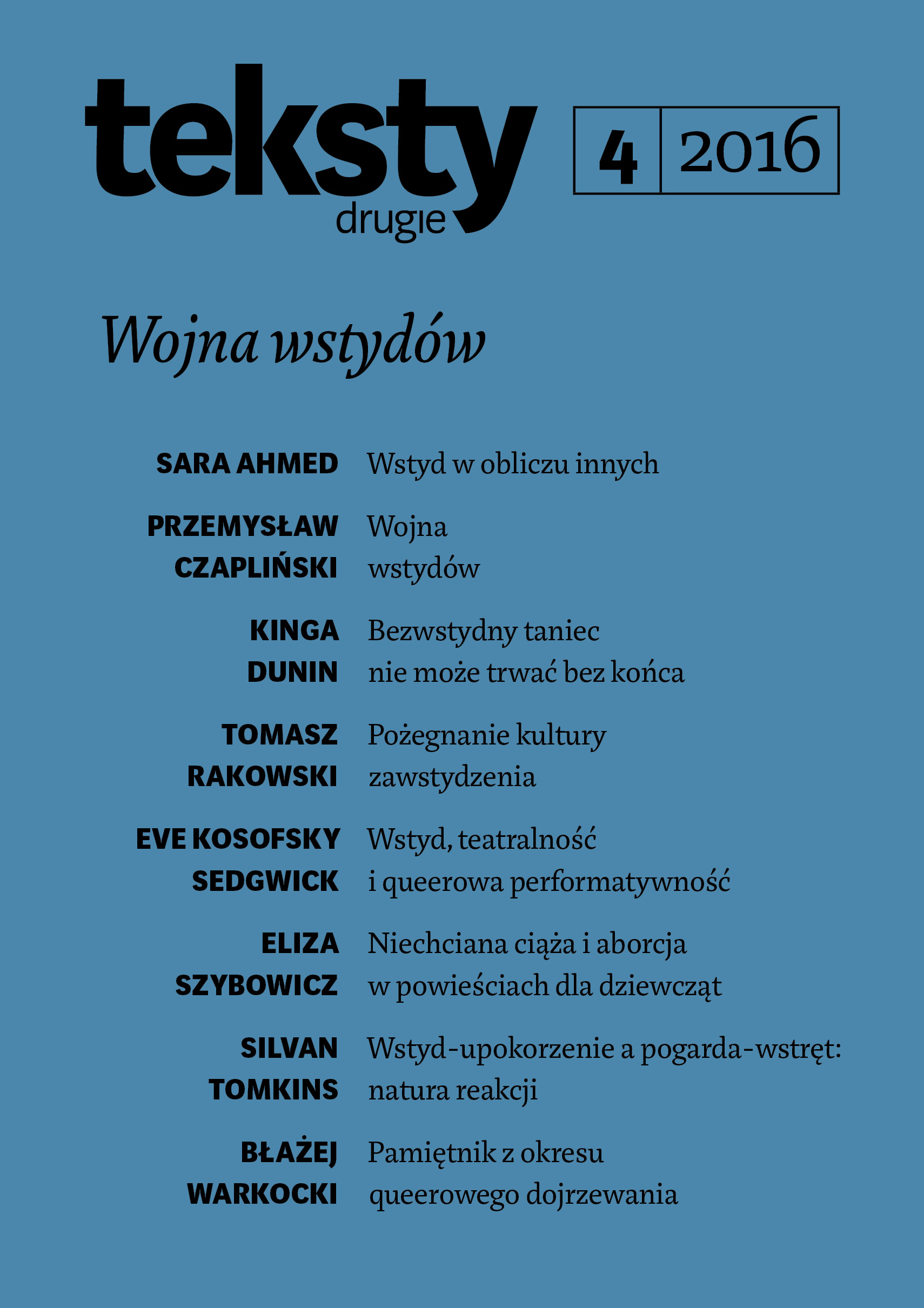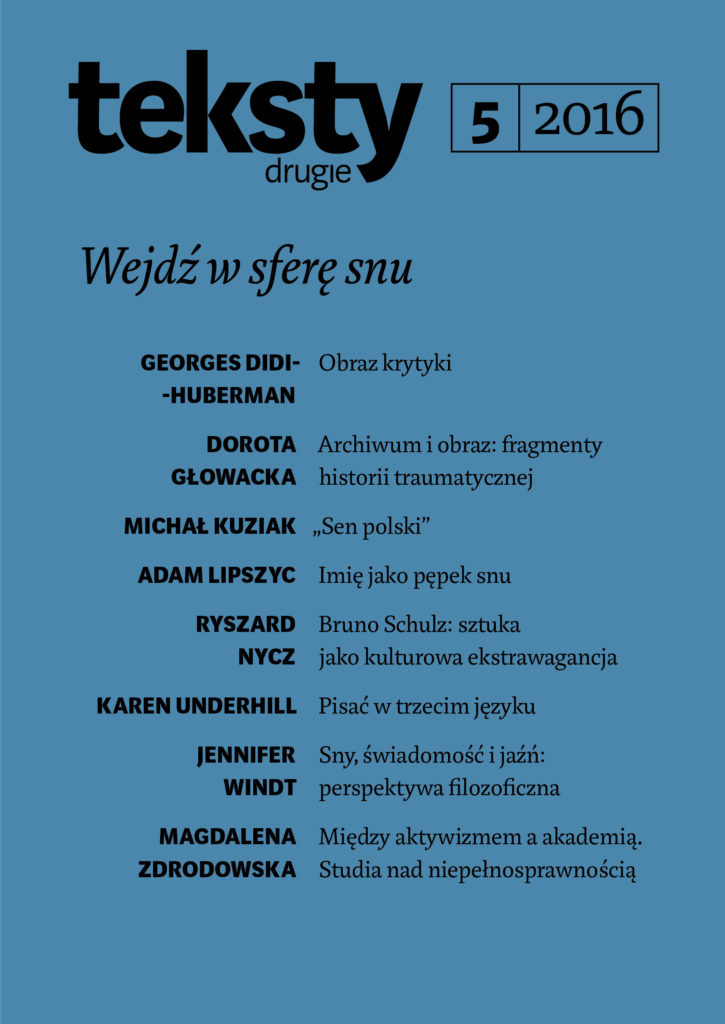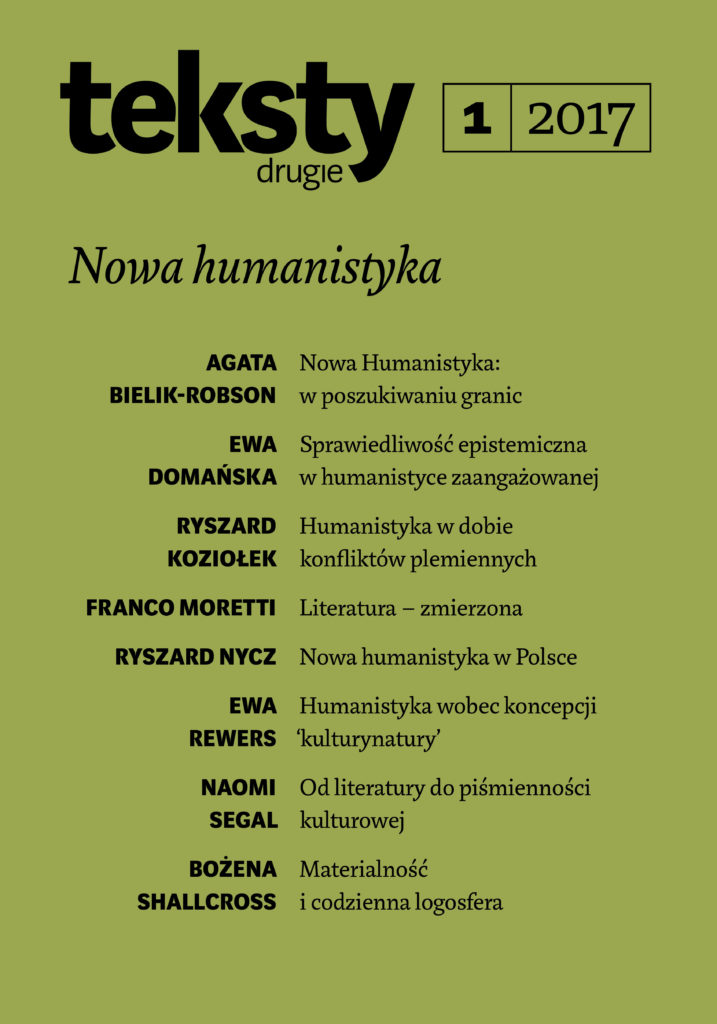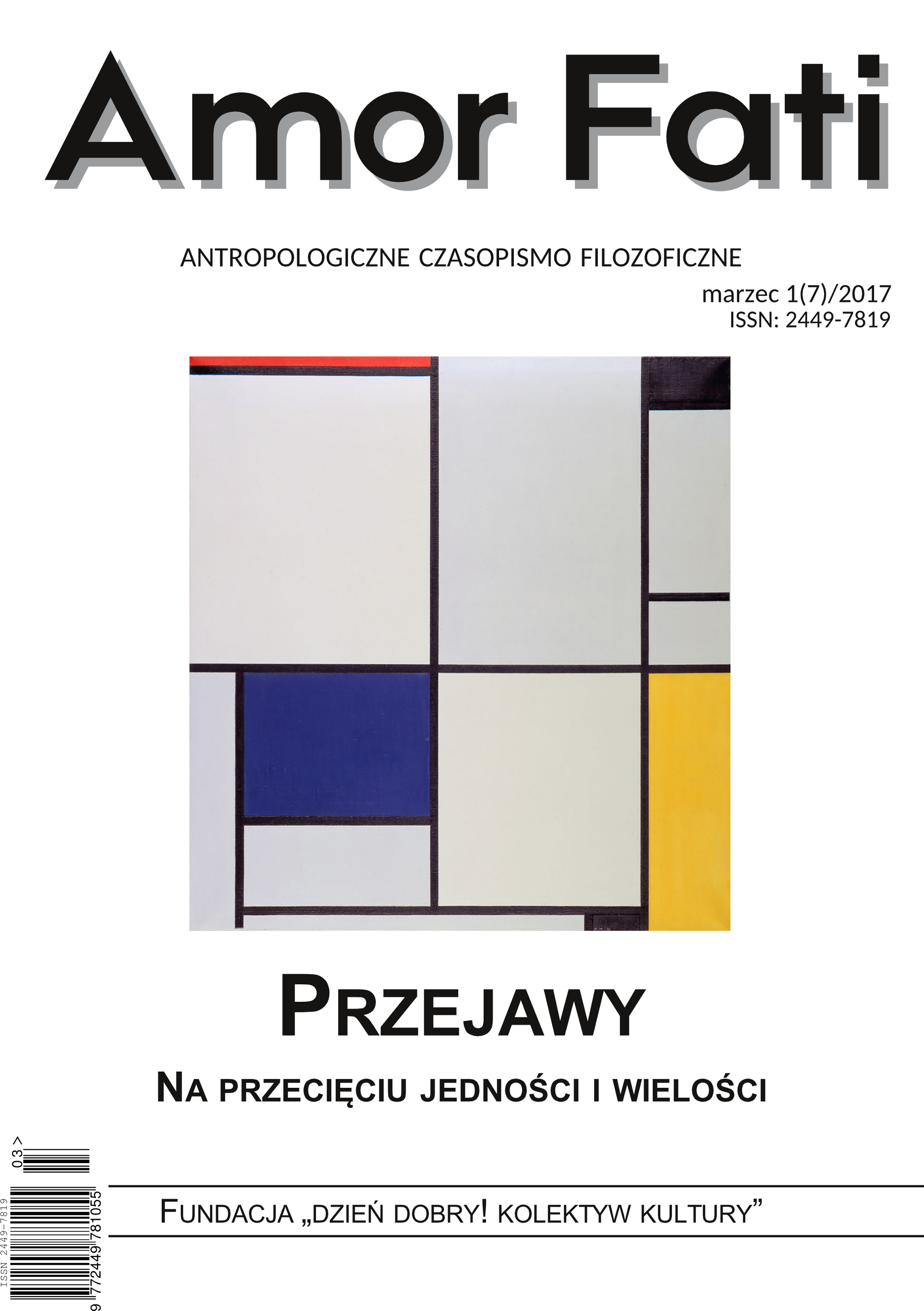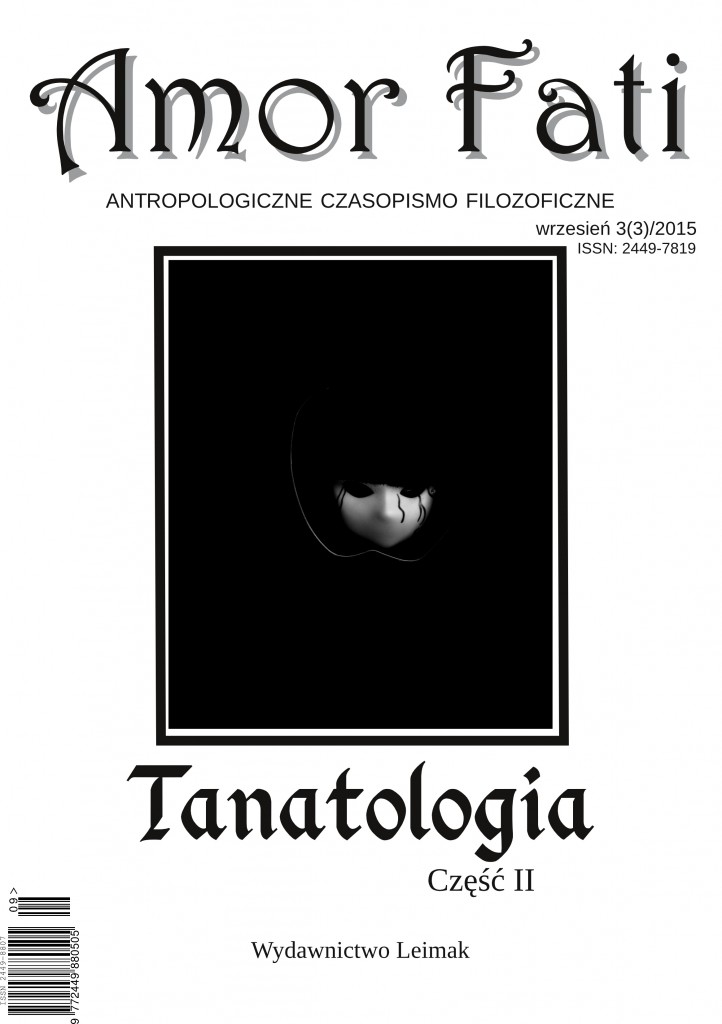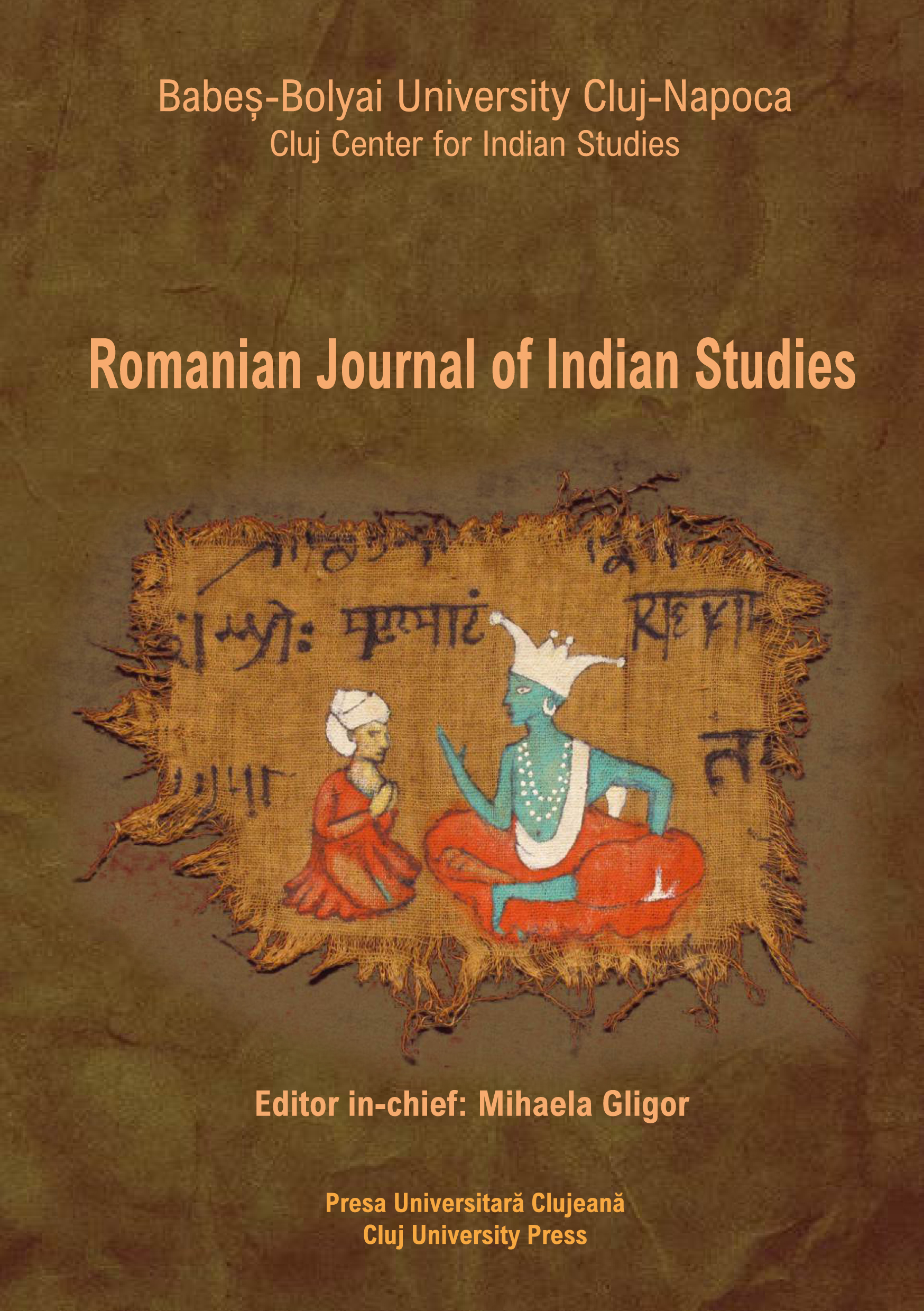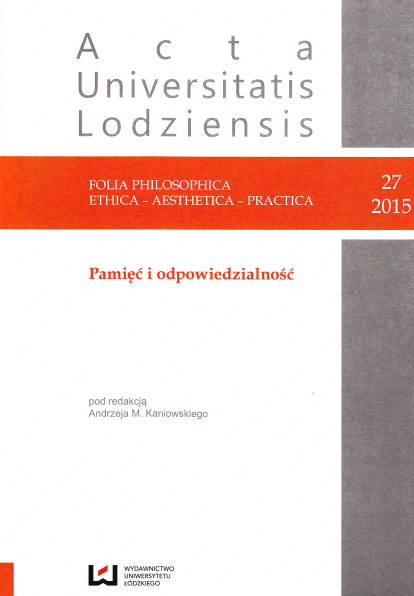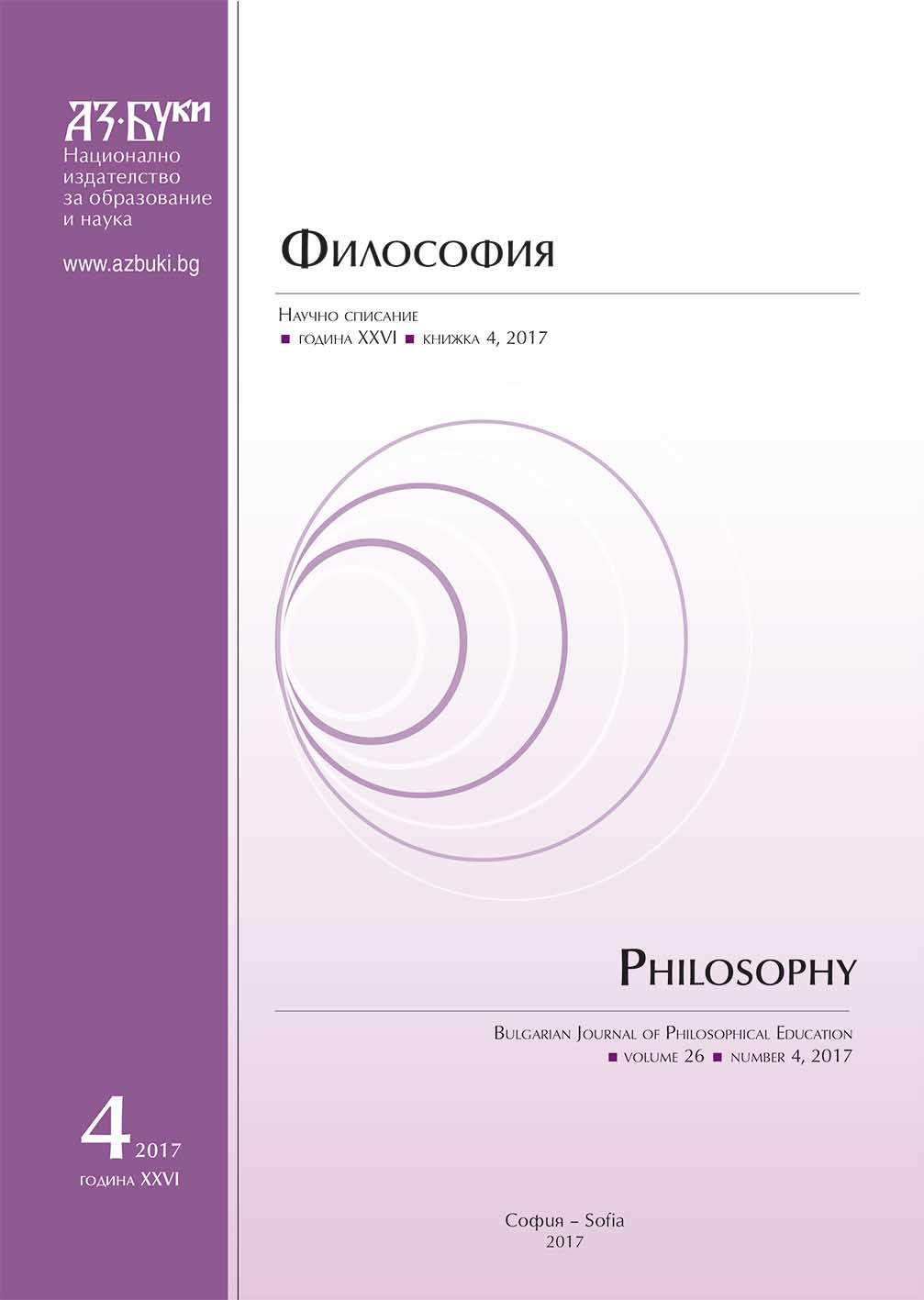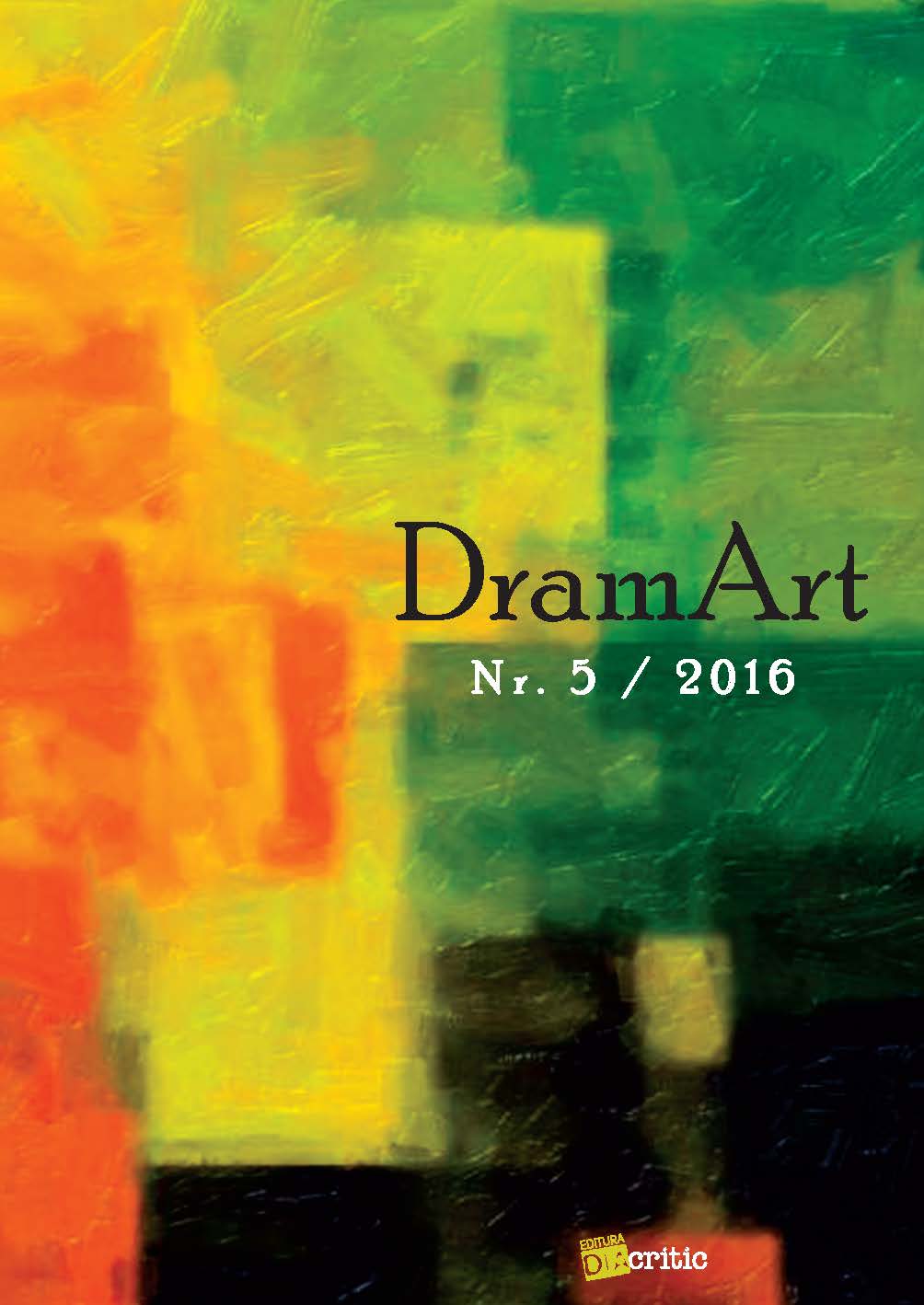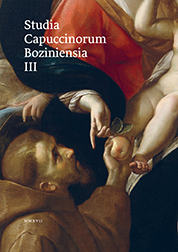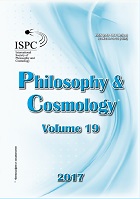Author(s): Olena Smirnova / Language(s): Ukrainian
Issue: 1/2014
In this article "A magical ritual as a sociocultural phenomenon" explores this author part of the ancient culture as an integral part of modern knowledge. In this work the author highlights the attempts of scientific interpretation of this phenomenon in the context of culture nowadays, considering this part of the archaic culture as determinant of modern knowledge. Relevance of the chosen topic is primarily due to an outstanding interest from culture, philosophers, social scientists, the practical application of magic in everyday life, the transition from the realm of magic and mythology, traditions within the scope of non-scientific theory. Special relevance factor is determined by a departure from rational and pragmatic way of thinking that calls for an alternative interpretation of the traditional things.Exploring the magical ritual, author put the scientific contributions of famous scientist Claude Levi-Strauss, who defined an action as space-temporal point of zone connection, models, items – anything that exists in the universe and in consciousness: things, people, gods.The author appeals to the developments of ancient philosophers that is indisputably positive. Thus, the author agrees with statements of Pythagoras, Heraclitus, as for the fact that continuous playback world order itself has no purpose beyond itself. Thus we conclude that the ancient philosophy point to a common origin , a common structure and common laws of existence of the universe, each of its component, including human being. The researcher makes a detailed analysis of ancient philosophical texts on mithorytuality. Analytical review of this work allows to estimate the change in theories of interpretation of the ritual. The paper details the notion of magical ritual considering its socio-historical, aesthetic, cultural and other aspects. Determine the meaning, the essence of the phenomenon, its methodological basis of the study. The author based on the scientific achievements of domestic and foreign scientists, trying to refine traditional attitudes about the ritual, also to answer questions about places and values used in ritual artifacts. Considering the diversity expressed in these writings thoughts, allows you to create an objective vision of cultural ritual items.The main object of the study is a refinement of traditional attitudes to magic rituals, clarification of the content artifacts that demonstrate their ritual purpose. The need to appeal to the ancient manuscripts, a new look at the biblical text, a new reading of ancient heritage where man is regarded as equal and equivalent of the Space is caused by the necessity to view human potential, in particular, its ability to influence some of the processes of the mind, ritual, energy sent for a specific purpose.Integrative cultural doctrine allows to identify the use of ritual peculiar way of man's knowledge of the world, with the only difference that the use of various magical manipulation is a manifestation of human intervention in the Universe.Scientific novelty of the presented paper is that magical ritual understood from the standpoint of modern philosophy and psychology, partly as a kind of thought-form that does not vanish with time, but is transformed into a new concept today. In support of this thesis, the author gives the example that in the modern world for an illustration of the ritual, without the use of traditional action can act artifact endowed with magical properties.The author refers to the leading research in the philosophy of science, involving the analysis of the results of scientific experiments, the scientists of the Russian Academy of Sciences in the field of neuroscience, quantum physics, and mechanics, new historical discoveries.This scientific study is designed to answer a number of questions in the field of contemporary cultural studies. The paper does not prevail no thoughts about the phenomenon of anti-science magical ritual about it openly esoteric meaning. Cogence nominated in studies designed to assess the cultural aspect of traditional concepts.In the area of modern consciousness research emphasized cognitive interest in the study of supernatural human capabilities, especially by scientists.In this paperwork, the main accent is made on the interaction of magic and logic that causes a change in the modern interpretation of the cultural aspect of ritual.
More...
